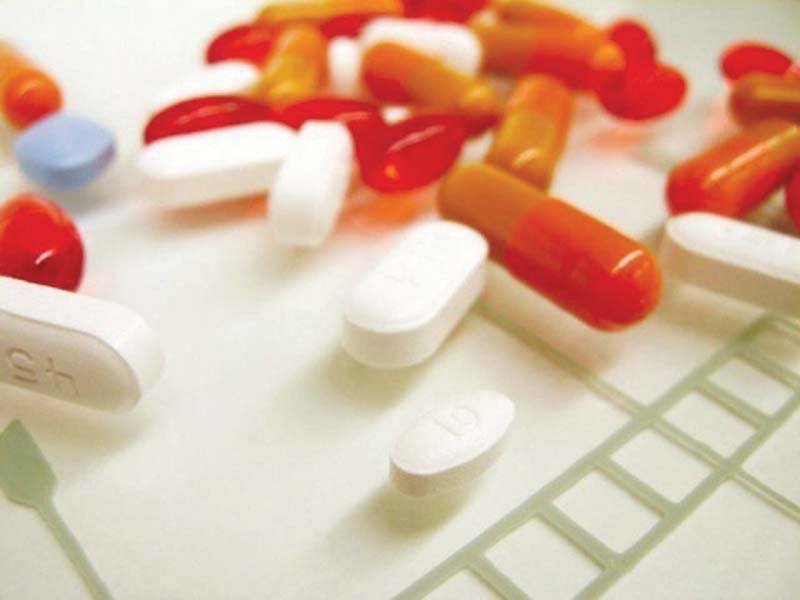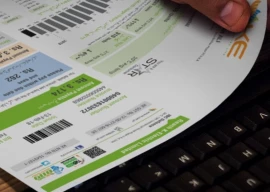
The budget always draws a mixed reaction. This year, like most sectors, the pharmaceutical industry too, has shown its displeasure over government’s policies.
Members of the Pakistan Business Council (PBC) have approached the government to convey their woes.
“Every budget, the only manufacturing sector that’s protected and rewarded is the textile sector,” said the summary. “All other sectors are ignored.

“The pharmaceutical sector is not allowed to adjust GST, which adds about 10% to the total manufacturing cost,” said an official.
“The agriculture sector’s input cost, plus their capital equipment and facilities, have received a complete waiver of GST in the recent budget. Their minimum duty on imports has been reduced from 5% to 2%,” said the official, adding that these measures have been introduced to facilitate the sector despite the fact that it contributes only 1% to the country’s direct tax collection.
While the meat export sector has been completely exempted from income tax, the pharmaceutical industries’ duty on import of equipment has been increased from 5% to 10%, he further lamented.
“The budget has also proposed a number of changes to the market/corporate taxation regime which will have a negative Impact on manufacturing companies that are already heavy taxpayers,” he added.
He said the change in Capital Gain Tax (CGT) and dividend tax regime will have a long term negative impact on the corporate sector. ‘’For example, a proposal to charge 10% tax on reserves exceeding 100% of the paid up capital of profitable companies that do not distribute cash dividends will carry a negative impact.”
Similarly, he said, the imposition of a one-time super tax for the rehabilitation of temporary displaced persons (4% for banks and 3% for other companies where a company’s earnings for a tax year exceed Rs500 million) is not justified.
‘‘Minimum GST on plant and machinery has been raised from 5% to 10%, which will cause an increased expense and will encourage imports,’’ reasoned the source.
He explained that this increase will render pharmaceutical companies’ products uncompetitive. ‘’A local pharmaceutical company is investing Rs30 billion in capital projects, and 70% of it will be on plant and machinery. Therefore, their cost will increase by Rs1.05 billion. This was not planned and it would now make their project unviable,’’ he said.
‘‘In the budget, it looks as if due consideration is given to non-filers of income tax who can get the waiver by just paying minimum levies which will ultimately be passed on to the manufacturing sector. It will increase the cost of doing the business,’’ said source.
He further stated that undue advantage is given to the construction sector on the pretext that “it will increase employment” which implies that the manufacturing sector does not increase employment.
Published in The Express Tribune, June 17th, 2015.
Like Business on Facebook, follow @TribuneBiz on Twitter to stay informed and join in the conversation.
1735368609-0/Untitled-(4)1735368609-0-405x300.webp)
1735365305-0/Untitled-(3)1735365305-0-165x106.webp)
1735363887-0/Untitled-(2)1735363887-0-165x106.webp)
1735362150-0/Untitled-(1)1735362150-0-165x106.webp)








1735283394-0/sidra--(9)1735283394-0-270x192.webp)
1735299255-0/sidra--(18)1735299255-0-270x192.webp)
1720030784-0/Smog-free-Lahore-(14)1720030784-0-270x192.webp)








COMMENTS (1)
Comments are moderated and generally will be posted if they are on-topic and not abusive.
For more information, please see our Comments FAQ